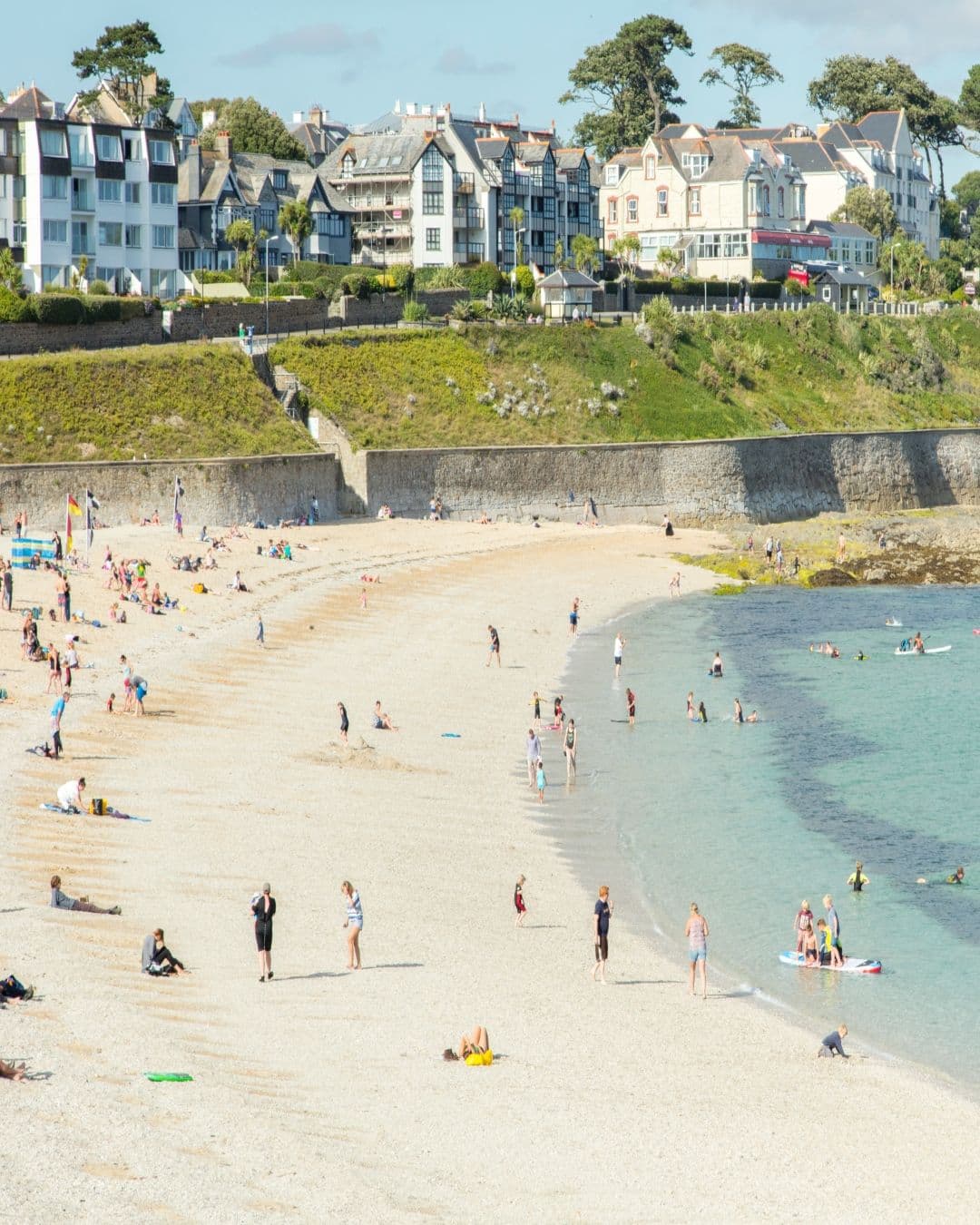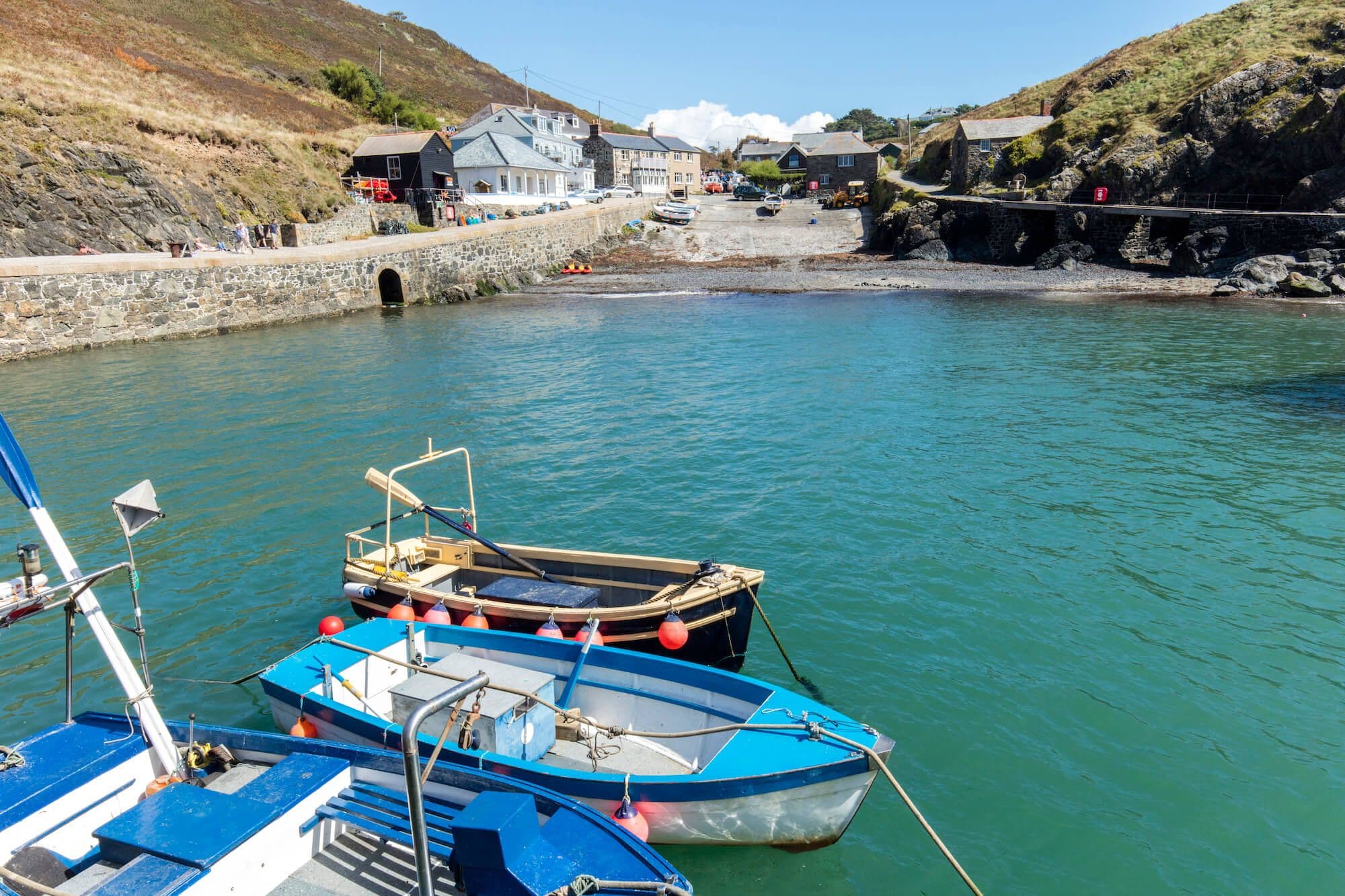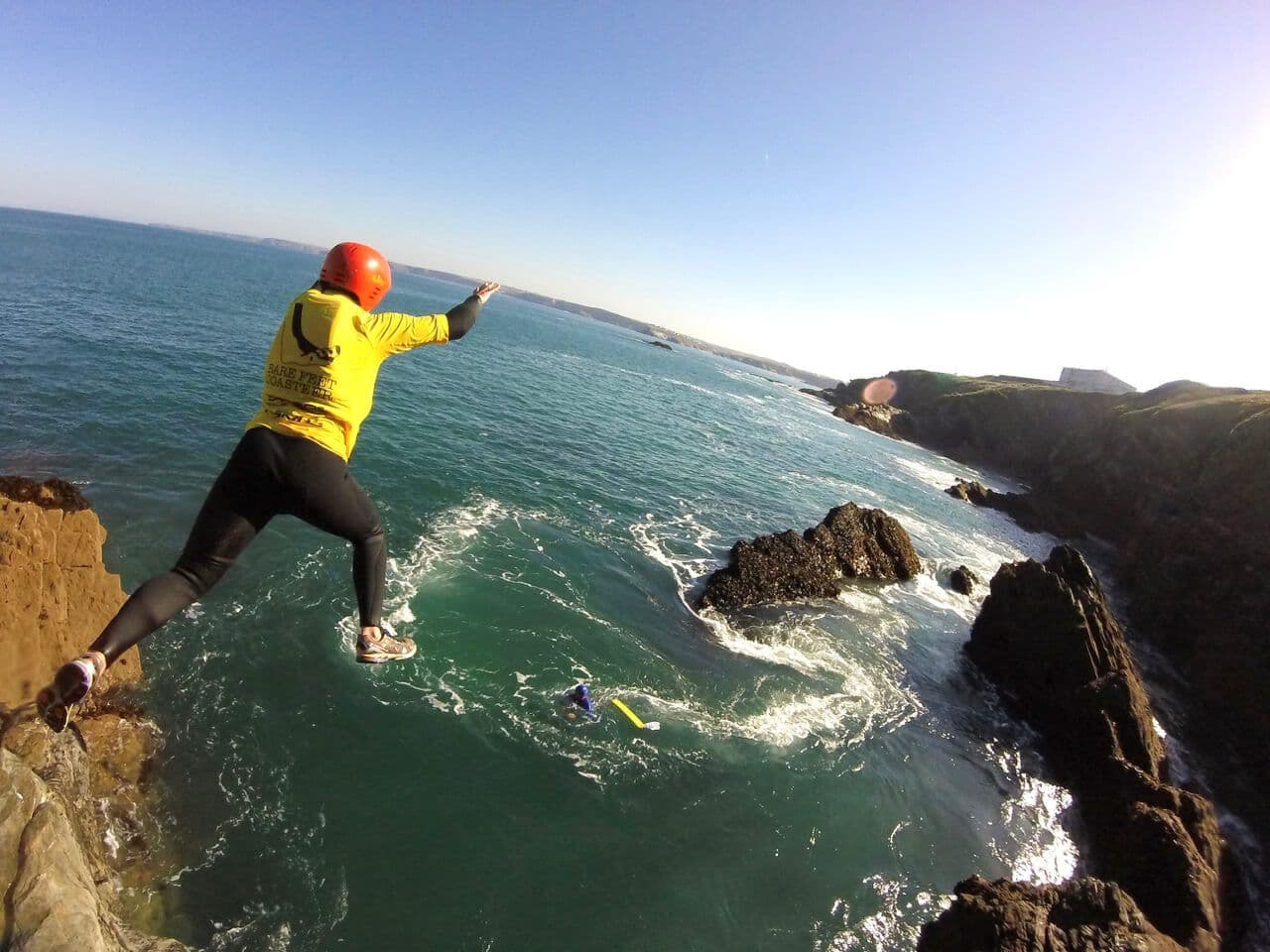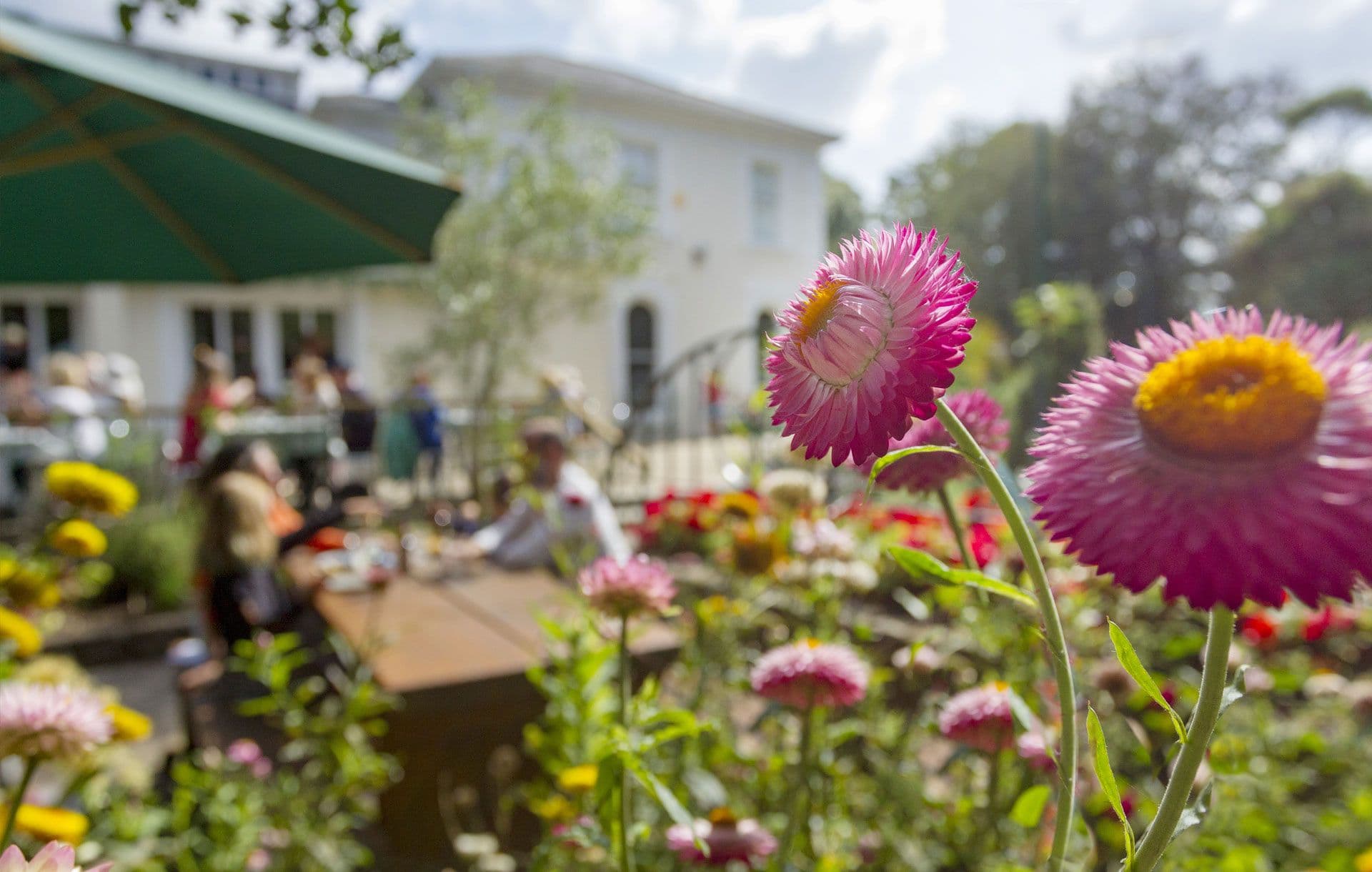Gyllyngvase Beach
Falmouth’s largest and most popular beach, Gyllyngvase Beach is a golden crescent of sand with stunning views out along the South Cornwall coast and up to Pendennis Castle.
Gyllyngvase is highly-regarded as one of Cornwall's best family-friendly beaches. Its soft, pale sands are ideal for digging and building sandcastles, while shelter from the worst of the wind provides a calm experience in the water, with lifeguards on duty throughout the summer months. Head to the south end of the beach to explore numerous rock pools, home to shrimp, winkles, crabs and even the odd lobster.
Gyllyngvase Beach is the winner of a Blue Flag Award and Seaside Award, which celebrates the commitment to environment, water quality, and safety of the beach.
For lovers of beautiful scenery, there’s stacks to do near Gyllyngvase Beach. Just behind the beach are the well-kept Queen Mary Gardens, which are home to lush subtropical plants such as Agapanthus and the giant-leafed Gunnera. Gyllyngvase Beach also connects to the south-west coastal path, which loops up to Pendennis Point for some spectacular views of the castle and back down to Carrick Roads and the River Fal.
Please note: There is a seasonal restriction on dogs on the beach - restrictions are in place between 10am and 6pm from 15th May to 30th September. They are welcome on the beach at all other times.
- Falmouth
Address
Gyllyngvase Beach, Cliff Road, Falmouth, Cornwall, TR11 4NA
Stay connected
Find us on socials and stay connected with the Cornwall you love.




